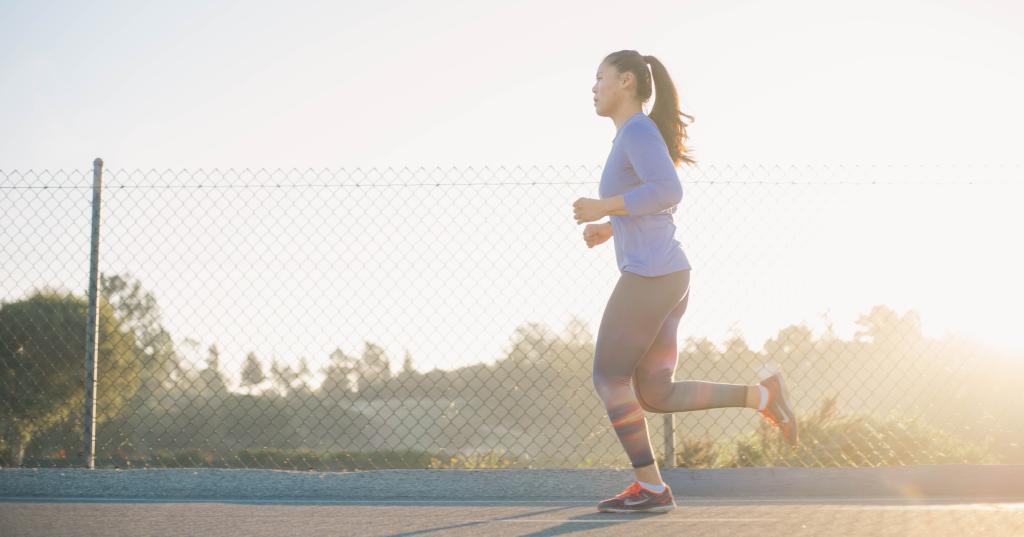
Even though incontinence is a condition that affects millions of people worldwide, it always seems like a subject that remains unspoken. Many people feel embarrassed or uncomfortable to talk about their incontinence, so unfortunately suffer in silence and avoid seeking help.
Many people think of incontinence as affecting people in their later years, however it can affect people of all ages. It has a significant impact on your quality of life, self-esteem, social life and emotional wellbeing.
Incontinence can be caused by:
Urinary incontinence in women refers to the involuntary loss of urine or the inability to control the elimination of urine. While it is more common in older women, it can also affect women of all ages.
There are several different types of urinary incontinence in women, including:
Urge incontinence: Characterised by a sudden urge to urinate, then a loss of urine. It’s triggered by various things including running water. Or another common trigger is pulling up in your car in the driveway or garage and feeling the sudden urge when putting the key in the door.

Stress Incontinence
The most common type of incontinence is stress incontinence, which is triggered by weak pelvic floor muscles. When you cough, sneeze, or perform any action that puts pressure on your bladder, such as lifting something heavy, running, jumping, skipping and you may experience bladder leakage.
Urge Incontinence
Urge incontinence, also known as an overactive bladder, occurs when your bladder muscle contracts before it’s full, making you feel like you need to go to the bathroom more frequently. Sometimes, it can be difficult to hold on and control the urge to urinate.
Urinary Retention
Urinary retention is a rare condition that occurs when your bladder doesn’t fully contract, or there’s a blockage in your urethra, causing the bladder to become too full. The overflow of urine then leaks out through the urethra.
Functional Incontinence
Functional incontinence occurs when a person is physically disabled or has communication issues such as dementia, Alzheimer’s, or motor neurone disease, which can inhibit their ability to go to the bathroom.
Fortunately, physiotherapy can be an effective treatment option for incontinence and help you to regain control of your bladder.
Pelvic floor muscle training is well-known and well supported by research. It’s a physiotherapy treatment and conservative management for urinary incontinence problems. The pelvic floor muscles support the bladder, bowel and uterus, and can weaken over time with age, hormonal changes, during pregnancy and birth and postnatal, which can lead to urinary incontinence.
When contracted, the pelvic floor muscles lift the internal organs in an upward direction, off the pelvis and tighten the openings of the vagina, anus and urethra. When relaxed, the muscles allow the release of urine, faeces and wind. Pelvic floor muscles are also important for sexual function, contributing to sexual sensation. When women are pregnant these muscles provide support for the baby.
To help regain control of your bladder, physiotherapists can help you identify and isolate your pelvic floor muscles and practise a few important daily exercises to help with incontinence. These exercises aim to strengthen and condition the muscles, improve their endurance and increase their control, timing and coordination.
If you’re experiencing incontinence, it’s important to seek help as soon as possible. We know that incontinence can be a sensitive issue, and we strive to provide a compassionate and supportive environment for all of our patients. We offer personalised treatment plans tailored to your unique needs.
If you are experiencing pain or discomfort or any of the above symptoms, it’s best to speak with your doctor or a physiotherapist who specialises in pelvic floor issues.
At Grace Private, our qualified physiotherapists Debra Miller and Elle Pidgeon can help you strengthen your pelvic floor and will share advice on exercises and management options. Both Grace physiotherapists have post graduate qualifications in this area, with Elle Pidgeon an APA titled women’s health and continence physiotherapist.
To visit a Grace physiotherapist, there’s no need for a referral, make an appointment online or call 07 5594 7632.

